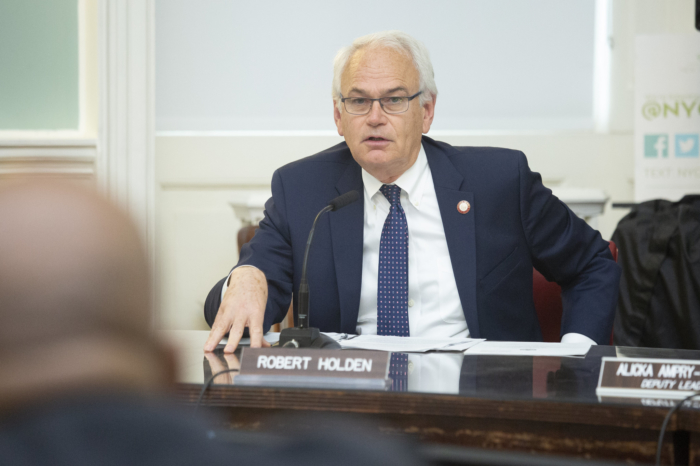The concept of term limits has made progress in New York from the standpoint that the New York mayor and City Council presently are term limited to two, four-year terms, although former Mayor Michael Bloomberg was able to work the system to his advantage and serve three, four-year terms.
Our governor and state legislature composed of the state Senate and the state Assembly presently are not under such restrictions as limiting their terms in office.
The recent scandal involving Assembly Speaker Sheldon Silver has raised the issue of term limits in our state government. In regard to the governorship in recent years, no elected governor has served more than three full terms. That includes Mario Cuomo, who served as New York State governor from 1983 to 1995. He was followed by George Pataki, who also served three terms as governor from 1995 to 2007.
To put a limit on the number of terms an elected official can serve has the result of restricting the choice that the voter has in voting to elect candidates.
As in any other profession, experience counts a lot. The more experience office holders have helps in governing. By constantly changing elected officials, it can have the effect of weakening our executive and legislative branches of government.
It can be said that public officials who are in their last term under term limits are considered “lame duck” officeholders. In most cases they do not have the same status as those office holders who are not under term limits.
In some cases, term-limited elected people lose interest in their position and spend much of their time planning to run for other offices or trying to find a job after their term limit time is reached.
In the final analysis, it is citizen registered voters who should decide the fate of elected officials when they are running for re-election after their term of office is complete. That was always the case before term limits came into play. Term limits have discouraged some excellent candidates from seeking public office.
It is also difficult for elected officeholders to plan for future government programs when they are only going to be in office for a limited period of time.
The results of term limits bring about a weakening of our government. This is especially true in states where the governor can only be elected for one, four-year term. That would include such states as Virginia and Mississippi. It would seem that the elected governor in these states has barely taken office when they become lame ducks and their term of office ends.
It is best to leave electoral authority in the hands of the people without taking away re-election from candidates.
As we look at the 2016 future election for president, it looks like there will be a lengthy primary season in both the major political parties, especially the Republican Party, but the Democratic Party may have presidential primaries as well.
At any rate, the presidential race of 2016 promises to be one of the most interesting national elections that we have had in a long time.































